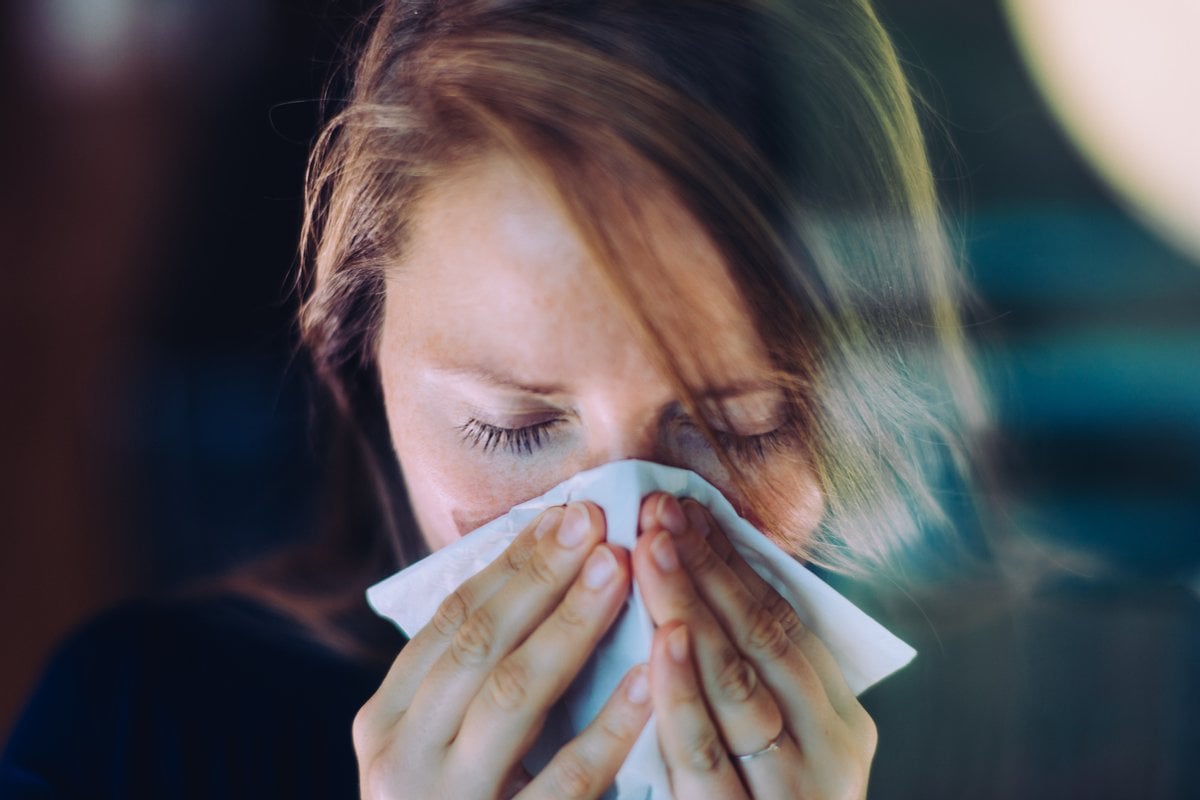
I don't know if it was just me, my family or almost every person I've spoken to recently, but it seems like a loooooooot of us got sick over the break. COVID, gastro, like the flu but not The Flu – you name it, someone you know probably got it, and I for one would like to know why.
Not just because I spent New Year’s Eve in bed with a bucket, ya know just living the dream, but because anecdotally this seems to happen all the freakin' time. Everyone’s got their own version of this story but generally it goes something like this: you’ve been under the pump for weeks just going and going as you count down the days until you can finally take a break. Then, said break arrives – hello holidays! – and bam, you fall in a heap.
